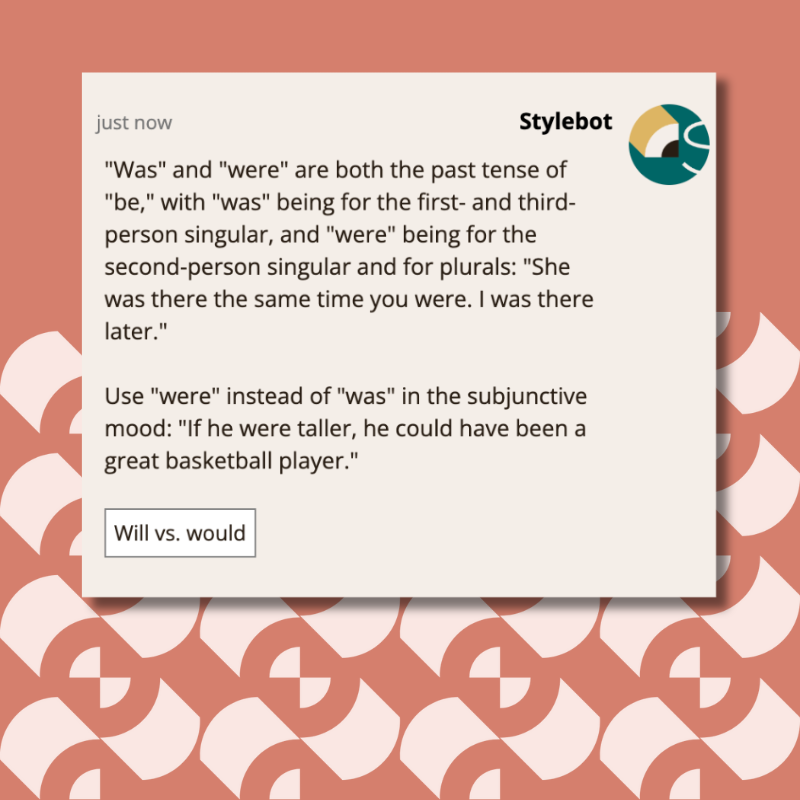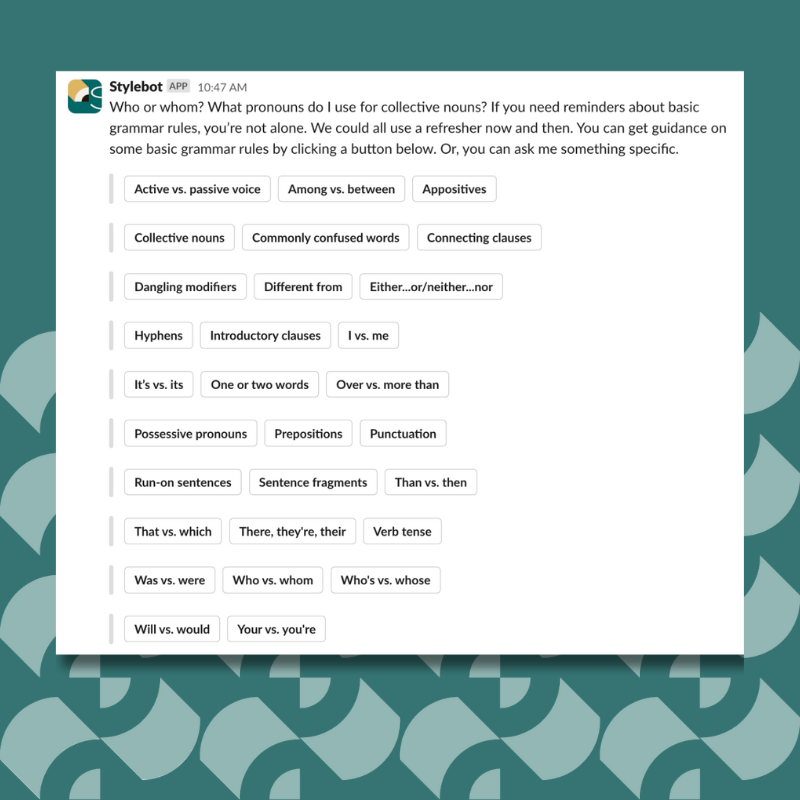Taylor Swift and Beyoncé both have hit songs pondering what life might be like if they weren’t women. Swift sings, “’Cause if I was a man / Then I’d be the man,” in her song “The Man,” while Beyoncé sings, “If I were a boy / Even just for a day,” in her song “If I Were a Boy.” Is one song better than the other? That’s subjective. But is one song grammatically correct? That’s subjunctive.
Beyoncé wins this round, grammar-wise, for using the subjunctive of the ever-complicated verb “be.” The subjunctive mood is one of three moods in the English language. There’s the indicative, which is used to express facts or opinions (Beyoncé is the queen), and the imperative for giving orders or instructions (Bow down to Beyoncé). Meanwhile, the subjunctive is used to express a hypothetical, an impossible scenario, a wish or a contrary-to-fact statement (I’d rule the world if I were Beyoncé). What can make the subjunctive tricky is that you use “were” regardless of the subject: If I were, if you were, if she were, if they were, if we were … etc.
As you might have gleaned, “if” is usually a good indicator that you should use the subjunctive, but not always.
“I wouldn’t do that, if I were you,” is the subjunctive, because it’s not possible for me to be you. But in a sentence like, “If he was telling the truth, then you’ll have your money on Monday,” “was” is correct because it is possible he was telling the truth.

If I were you, I would share this post with someone who could use a refresher on the subjunctive.
Speaking of refreshers, what else on our list of basic grammar rules would you like to review?

Leave a comment and let us know.
💌 A tip a week
This post is adapted from Stylebot’s weekly writing tips newsletter. Subscribe here to get a writing tip in your inbox every Friday.
💬 Get reliable, ethical writing advice at your fingertips
Improving your writing means making better choices every day. Stylebot makes it easy with our Slack, Teams and Google Chrome extensions. Try Stylebot for free today.
📝 About Stylebot
Stylebot helps media professionals save time without sacrificing quality by answering editing questions on Slack, Microsoft Teams and Google Chrome. We’re on a mission to make editing faster, easier and more fun ✨ Learn more about Stylebot or follow us Instagram, X or LinkedIn.
